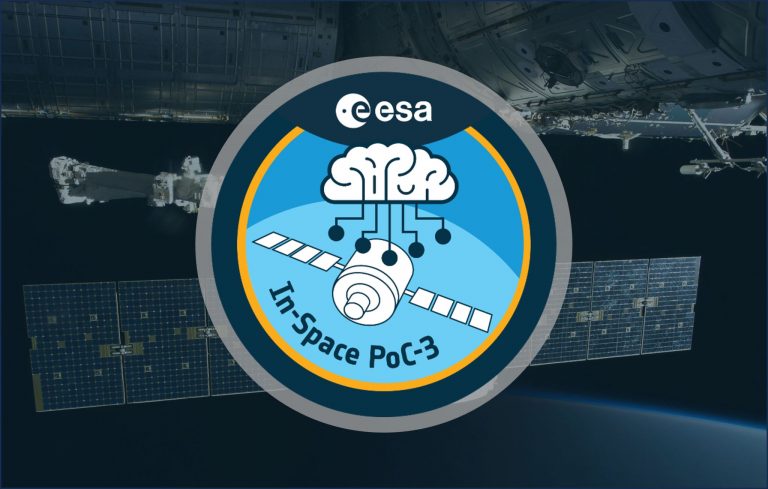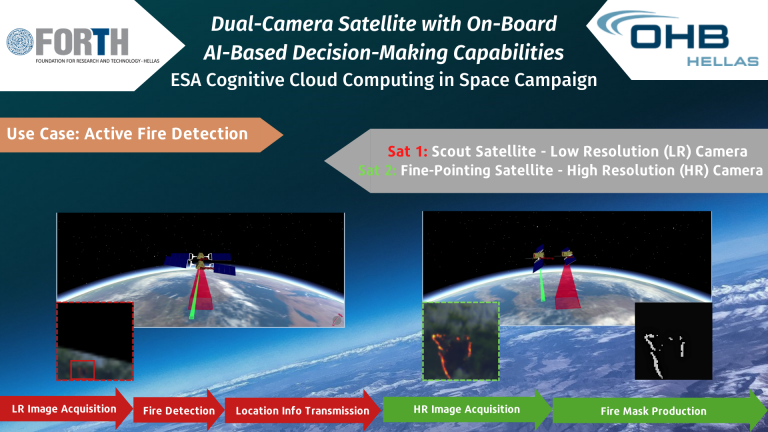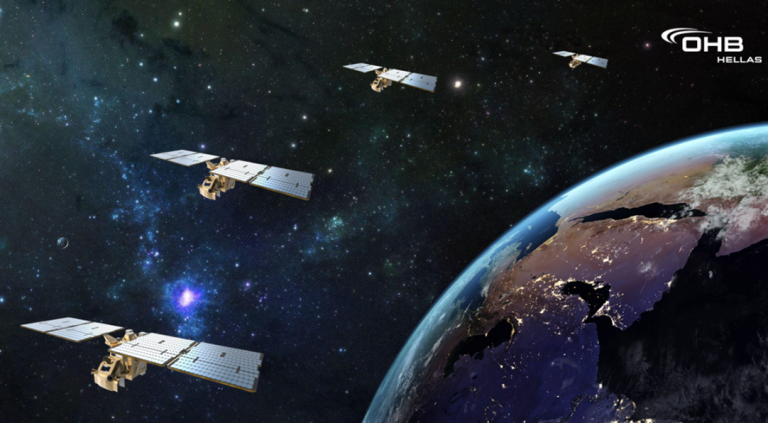Understanding the Need for Continual Learning in SatCom
Traditionally, satellite applications have relied on supervised ML algorithms trained offline, with all training data prepared before the training process begins. This method is effective in stable data scenarios. For example, a deep learning model can accurately identify brain tumor lesions from magnetic resonance images after being trained on a diverse dataset. However, the dynamic space environment presents unique challenges. Factors such as thermal noise, atmospheric conditions, and on-board noise can significantly alter data characteristics, causing these offline-trained models to struggle or fail when encountering new, unfamiliar data distributions.
The BOLERO Approach
BOLERO addresses these challenges by adopting an online training paradigm. The training process is shifted directly to the target environment, such as an edge device on a satellite. This innovative approach bypasses the need for downlinking large amounts of data for Earth-based retraining, overcoming bandwidth and time limitations. Training models in their deployment environment accelerate the training-to-deployment cycle and significantly improve model reliability under dynamic conditions.
Tackling New Challenges
Implementing continual learning brings its own challenges, including catastrophic forgetting, where models may lose previously acquired knowledge. Additionally, the stability-plasticity dilemma must be addressed to ensure models are adaptable and capable of retaining learned information. BOLERO tackles these issues through strategies such as task-incremental learning, allowing models to adapt to new tasks, and domain-incremental learning, enabling them to handle data with evolving distributions.
The Consortium’s Collaborative Dynamics in BOLERO
The BOLERO project is propelled by the synergistic efforts of its consortium members. As the project leader, KP Labs is primarily responsible for developing the Synthetic Data Generators (SDGs) and the continual learning models, ensuring their efficacy across multiple SatCom applications and hardware architectures. OHB Hellas contributes by exploring novel machine learning methodologies suitable for streaming data, assessing continual learning applications in and beyond the space sector and implementing 2 use cases in different hardware modalities. Eutelsat OneWeb focuses on identifying strategic space-based applications for continual learning, evaluating their business impact, and analyzing the benefits of continual learning models, particularly in terms of performance and cost-efficiency. Together, these entities combine their unique strengths to advance the BOLERO project, addressing the evolving demands of SatCom systems.
Real-World Applications and Future Impact
The applications of BOLERO are diverse, ranging from monitoring the operational capabilities of space devices to gas-level sensing and object detection in satellite imagery. These applications highlight the potential of continual learning to enhance the efficiency and accuracy of SatCom systems, potentially revolutionizing the management and processing of satellite data for more responsive, agile, and efficient operations.
The BOLERO project, led by KP Labs and supported by a consortium including OHB Hellas and Eutelsat OneWeb, represents a groundbreaking step in harnessing the full potential of continual learning for SatCom systems. By confronting the unique challenges associated with satellite data and leveraging the latest in ML technology, BOLERO is poised to significantly improve the adaptability and efficiency of SatCom systems, setting a new standard in the field of satellite communications.








